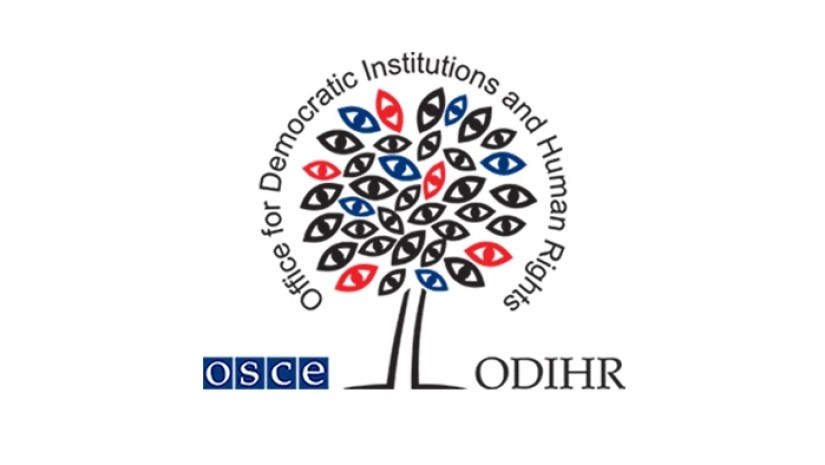Georgia’s newly approved law “on transparency of foreign influence” contains serious deficiencies that make it incompatible with international human rights standards and the country’s commitments as an OSCE state, and it should be rescinded, the OSCE Office for Democratic Institutions and Human Rights (ODIHIR) concluded on Thursday.
The law, which defines civil society and media outlets as “organizations pursuing the interests of a foreign power” only for receiving funding from abroad, falls short of the strict requirements laid down in international human rights law, ODIHR said today in a newly published legal analysis.
ODIHR’s analysis also highlights the major differences between the newly passed law and legislation in other countries that has been cited in connection with the new law in Georgia. For example, the United States Foreign Agents Registration Act (FARA) or Australian Foreign Influence Transparency Scheme Act are fundamentally different in their very distinct purpose and scope. While these laws aim to ensure that private companies or non-profits directly taking part in advocacy or lobbying efforts on behalf of a foreign authority are publicly registered, it does not label all civil society or media as foreign representatives simply because they receive funding from abroad.
ODIHR calls on authorities to revoke the law and take steps to bring its legislation in line with international standards. Examples of less intrusive alternatives could include the regulation of lobbying activities, robust political party and election campaign financing rules, and anti-corruption or anti-terrorism laws that promote more open, transparent and accountable public decision-making processes.
While there are a number of obligations that can be imposed on civil society organizations and are justifiable from a human rights perspective, they must not specifically target the civil society sector or assume that all civil society organisations receiving foreign funding are representing the interests of foreign powers.
ODIHR remains willing to provide further assistance and assist the authorities in identifying legislative or other alternatives to address genuine, concrete concerns in line with the aims set out in international human rights law.
















